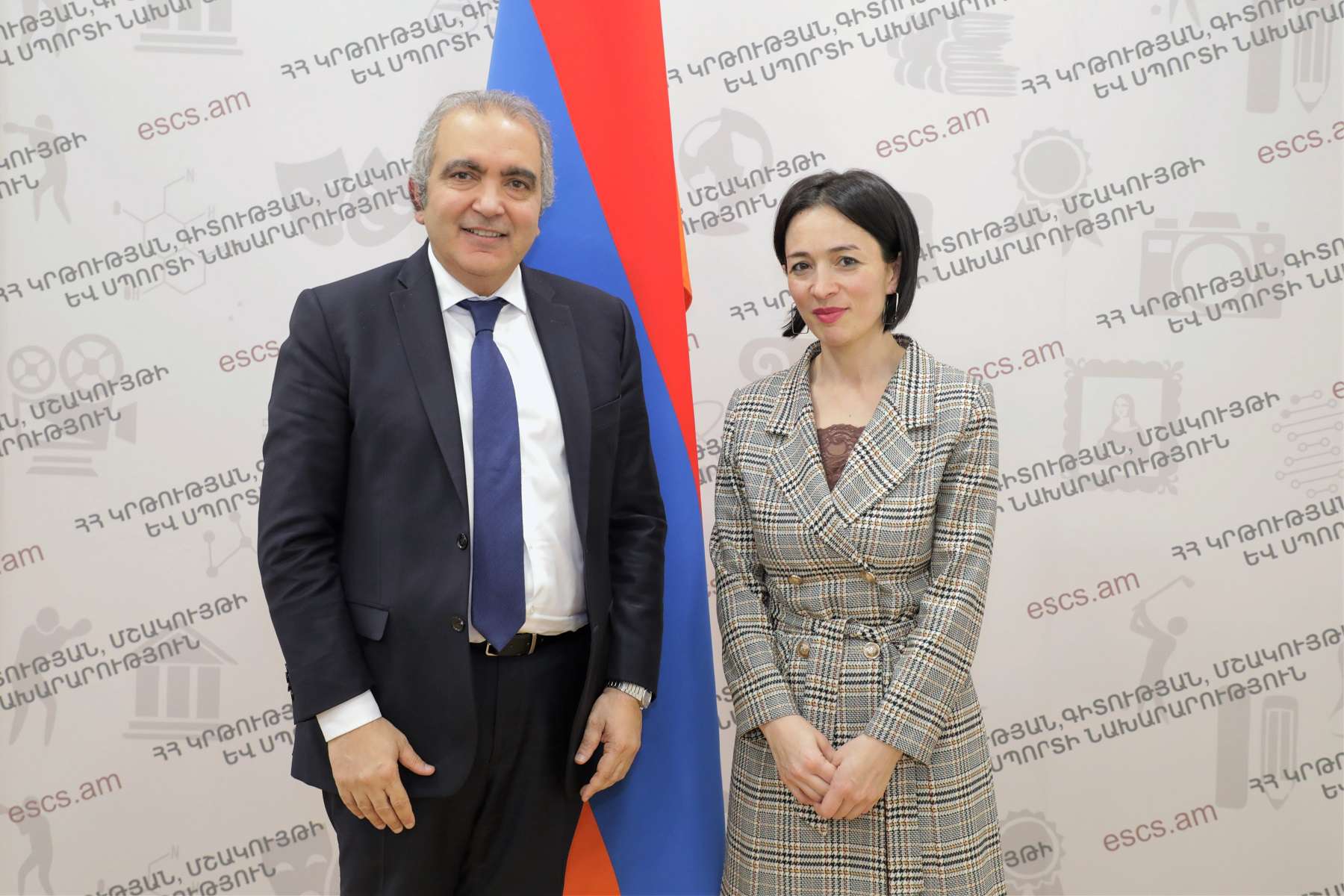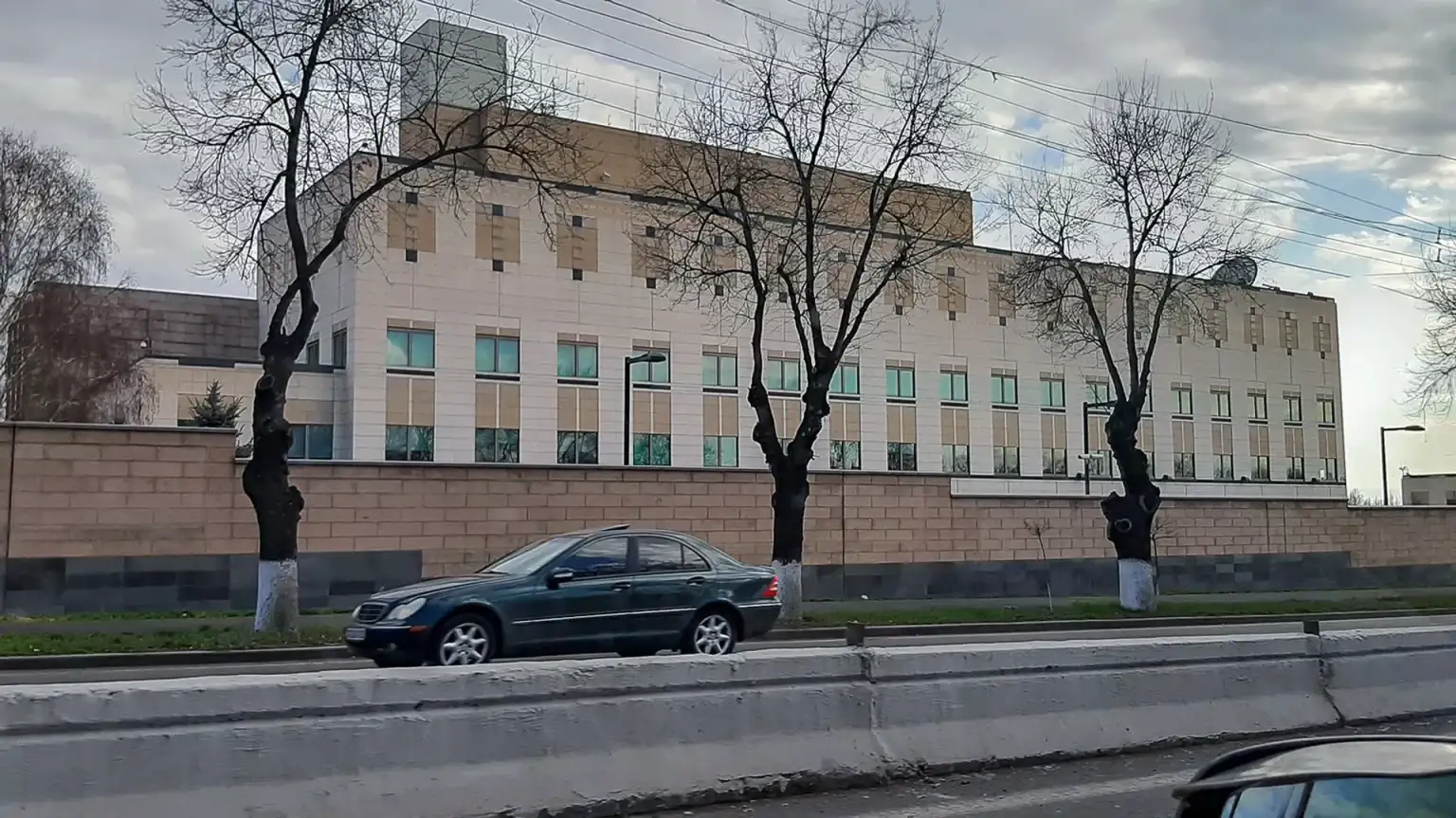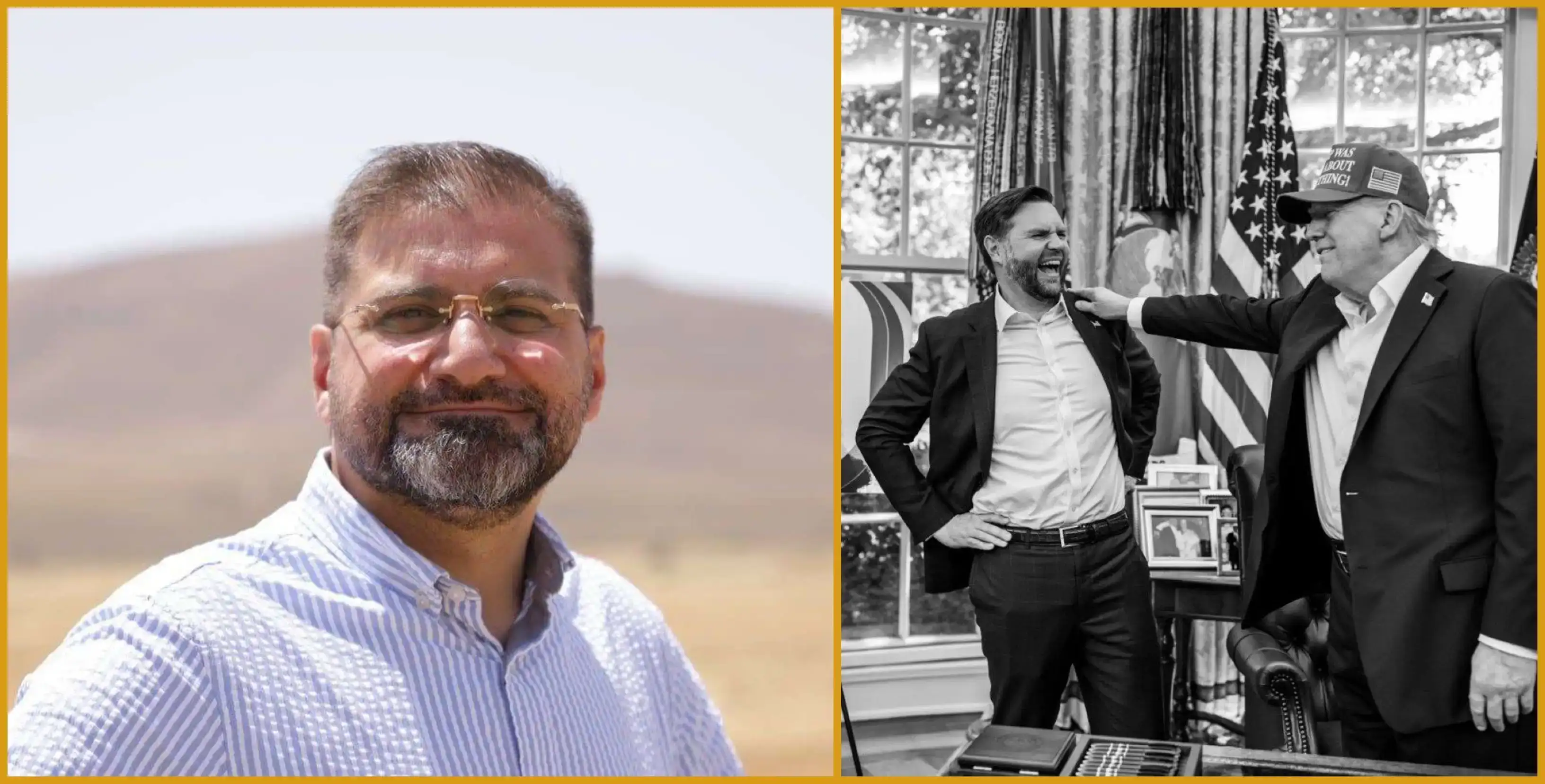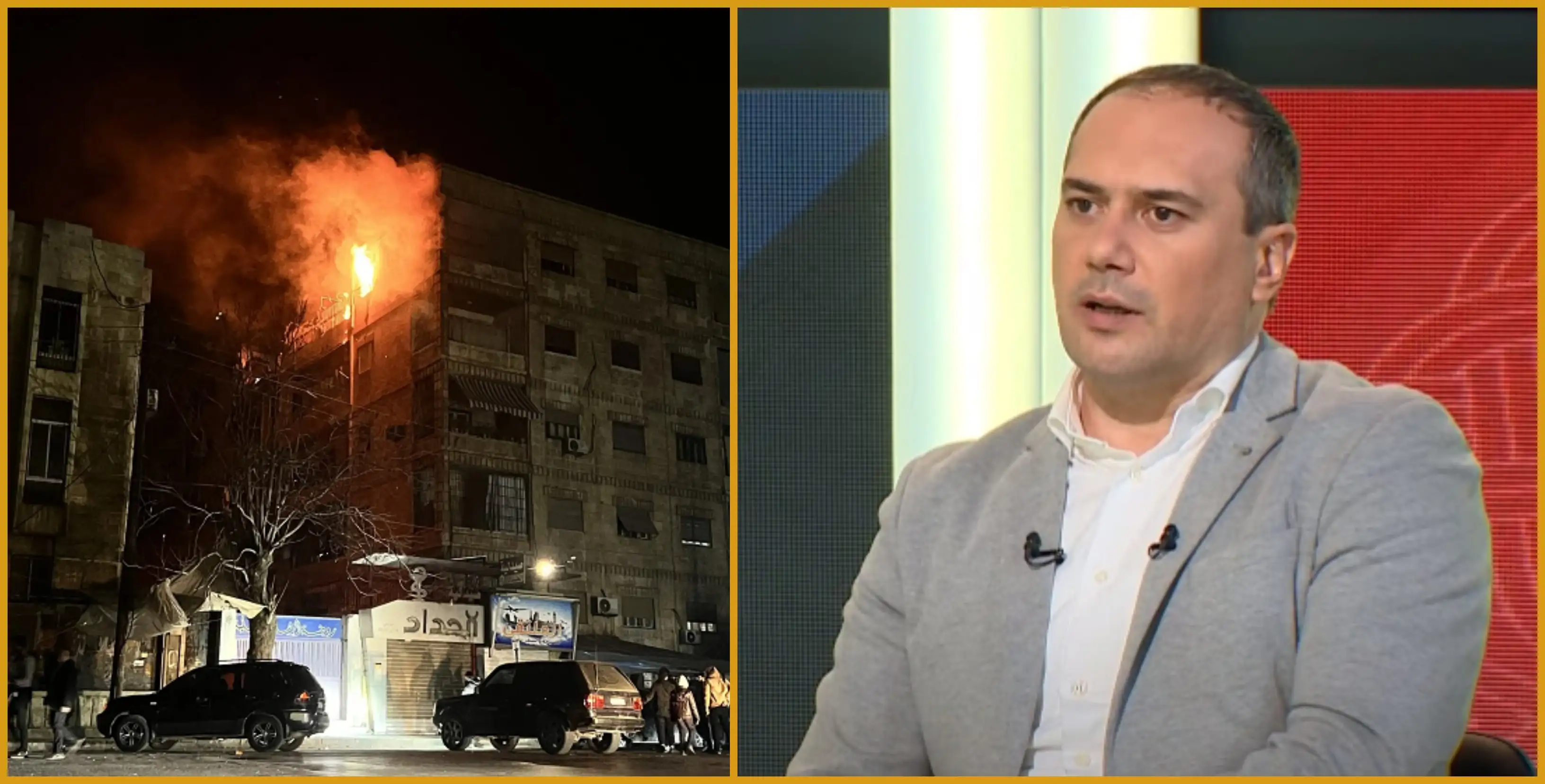RA Minister of Education, Science, Culture and Sports Zhanna Andreasyan received the expert group headed by Borhene Chakroun, head of UNESCO's Department of Policies and Lifelong Education Systems. The mission was sent to Armenia to assess needs in the field of education.
Artur Martirosyan and Araxia Svajyan, Deputy Ministers of MESCS, were also present at the meeting.
Welcoming the representatives of UNESCO, Zhanna Andreasyan first drew their attention to the humanitarian crisis established in Nagorno-Karabakh, referring to, in particular, the violation of education and other fundamental rights of about 30,000 children. The Minister of MESCS informed that in December 2022, a corresponding letter was also sent to the heads of UNESCO, the United Nations Children's Fund, and the World Food Program regarding the issue.
"Due to the humanitarian crisis established in Nagorno-Karabakh due to Adbrejan's illegal blockade of the Lachin Corridor, a number of fundamental rights of around 120,000 residents have been violated. Thirty thousand are children, so I want to address the violation of their right to education. Due to the impossibility of food supply, and periodic interruptions of gas and electricity supply by Azerbaijan, children's right to education is violated in kindergartens, schools, and other educational institutions. This unacceptable situation has been going on for quite a long time," said Zhanna Andreasyan, and expressed hope that the targeted actions of international structures, including UNESCO, will contribute to the settlement of the problem.
The minister highly appreciated UNESCO's support in developing the "State Development Plan for RA Education until 2030" and noted that they expect the support of development partners when implementing the plan of activities provided by the program.
"For us, the modernization and strengthening of both the content and the professional potential have been defined as goals, the development of an inclusive, safe environment in line with the labor market and modern professional requirements and ensuring access for all population groups. We emphasize the processes of cooperation with the private sector, work-based training, institutional and program accreditation, infrastructure, and logistics support," said Zhanna Andreasyan.
Borhene Chakroun thanked me for the reception and highly appreciated the reform project developed by the RA government in the context of education transformation. The head of the expert group reaffirmed UNESCO's readiness to support the implementation of the reforms implemented in Armenia within the framework of the Technical and Vocational Education and Training Strategy (EFTP), "Armenia is an important partner for us. We have already familiarized ourselves with the "State Program for the Development of RA Education until 2030", in which very ambitious programs and targets have been defined. We appreciate your efforts in designing and developing this strategic document. It shows your willingness to transform education. Yesterday we also met other development partners. There is a generally positive attitude towards implementing the ideas in the state education development program and action plan. We are ready to support implementing systemic reforms and discuss specific cooperation programs."
The parties also discussed the importance of vocational education and training development in Armenia, the activities of colleges and schools, the development of human capital and the improvement of skills, and the prospects of cooperation in this context. Zhanna Andreasyan informed the representatives of UNESCO that shortly, the draft law "On Vocational Education and Training" will be submitted for approval to the RA government, which proposes to institutionalize the work-based training model, which has been used so far with pilot programs. According to the Minister of Education and Culture, the policy of the education sector has created a toolkit of new formats of cooperation with the private sector, as a result of which the possibility of changing the management model of colleges and schools is being considered.
At the meeting, the parties also discussed other issues of bilateral interest. It was agreed to take practical steps on the issues we talked about.




















